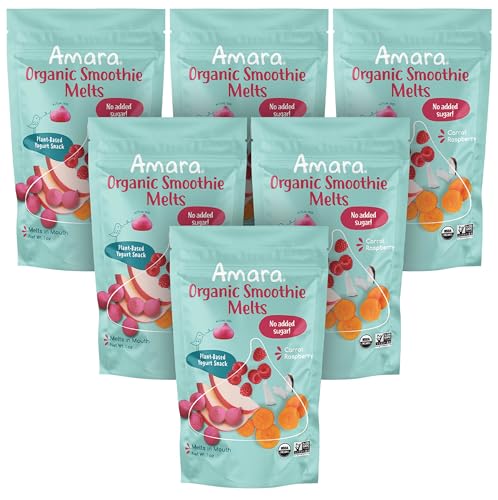It's definitely
not true that kits can't eat anything but pellets! In fact when confronted with weaning enteritis (the belly ache/bloating sometimes seen in weaning kits), the first thing most experienced breeders will suggest is
removing pellets and providing only hay for a time. Sometimes pellets are just too rich for their little guts to process efficiently at first.
Basic rabbit digestive biology goes like this. Rabbits are what are called "hindgut fermenters," meaning they have a blind sac coming off their intestines called a cecum, which does the initial processing of the difficult-to-digest fibrous foods rabbits eat. In the cecum, newly eaten food is deposited and left to ferment; that fermentation releases the nutrients bound up in a herbivorous diet, and it is accomplished by a community of microorganisms that lives in the cecum. After the microorganisms ferment the food, it leaves the cecum and is passed out as "cecotropes" - those are the small, soft poops that look sort of like a cluster of tiny grapes. Usually the rabbit eats these ("coprophagy") and in that way retrieves the nutrients released by fermentation. It's analogous to a cow or goat chewing its cud. In fact if a rabbit is prevented from eating its cecotropes, it becomes malnourished. It's a bit of an oversimplification, but all this taken together suggests that a rabbit is completely dependent on the microorganisms in it cecum to survive.
As stated, the cecum holds a community of microorganisms, which included hundreds of species of anaerobic bacteria as well as low numbers of amoeboids, protozoans and yeasts. In a healthy rabbit there is a balance to the species composition which is maintained by an appropriate high-fiber, low-sugar diet. Certain dietary items feed certain microorganisms, and the rabbit's gut flora changes in response to changes in its diet. So it is that while rabbits can thrive on an incredibly wide variety of foods, quickly changing a rabbit's diet can make it sick when its community of microorganisms tries to adjust to "catch up" to its new diet. It is also why feeding rabbits too many sugary treats (fruit, carrots, etc.) can give it a bellyache: sugars especially feed the yeasts, which can proliferate and cause havoc by overtaking and replacing the more beneficial gut bacteria. Rabbits can handle a little of these, especially if they're allowed to adjust to the presence of these foods; you just have to be vigilant to allow the cecal community time to adapt. This is the case for fresh foods as well; if the rabbits is used to pellets only, too many spring greens at once can make it very sick. (Horses are also hindgut fermenters, and most horse owners can tell you the dangers of spring pasture!)
All the above is true for rabbits of all ages. When kits are newborn, their digestive tracts, like many mammals, are essentially sterile. Their guts are then populated by microorgansisms from their mother and their environment. They start nibbling on poops left by their mother in the nest (which contain microorganisms from her gut), as well as the hay, straw, wood or other bedding in their nest, which also carries microorganisms. When the kits start coming out of the box, they nibble on pretty much everything they encounter. Since they are still subsisting mainly on milk, these tiny bits of new foods and the bacteria on them help prime their little cecums to handle their eventual adult diet. But stopping the milk and throwing them onto adult foods too quickly can do the same thing that a big dietary change does to an adult. They get a bellyache!
So the conclusion is that kits should be able to eat anything their dam has been eating and that they've been exposed to since birth. In fact suddenly removing a source of fiber is more likely to result in sick kits than leaving it. To go back to the beginning, as long as the doe and kits have been eating the cuttings all along, it is actually more likely that a pelleted diet will cause troubles, because high amounts of fiber generally encourage good gut bacteria!
I personally find all this biology fascinating. If you're interested in more detail, here are a couple of pretty good articles:
https://www.mspca.org/angell_services/cecal-dysbiosis-in-house-rabbits-what-the-hay/https://oxbowanimalhealth.com/blog/the-inside-scoop-on-rabbit-poops/

















































